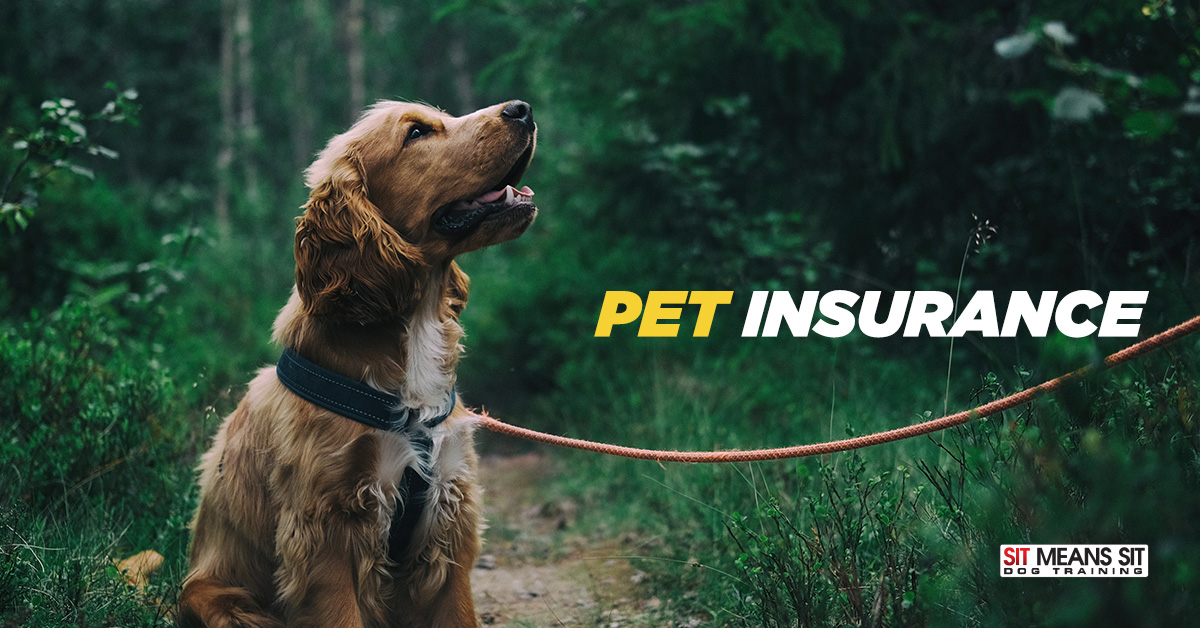
Should I Get Pet Insurance for My Dog?
Pet insurance has become a growing trend for dog owners in recent years. If your dog has an emergency, dog insurance can help you rest easy in knowing your pup is covered. But what exactly does pet insurance cover? Which one is best for me? And do I even need it? All questions any owners are wondering when considering getting insurance for Fido. To help in this decision-making process, we’ve gathered the basics to help answer those much-asked questions.
Why even consider pet insurance?
According to the American Pet Products Association, dog owners spend an average of $248 a year on routine vet visits. But what about the problems that aren’t routine? What happens when your dog gets stung by a bunch of bees or eats a whole bar of chocolate? The average price for a minimal corrective surgery can range from $1,000 to $1,900, and that’s only for a typical procedure with minimum corrections. But like most insurances, pet insurance is tricky. You pay a premium each month in hopes that you won’t have an emergency that needs the protection, but if you do need it, your investment paid off. So should you get pet insurance? It really depends on your circumstances and what you decide is worth the investment.
Understand what the co-pays, deductibles, and caps are
Understanding the different subcategories under your pet’s insurance will help in deciding which, if any, plan works best for you. Your co-pays and deductibles are how much you will need to pay out of pocket for a given situation. A cap is the highest amount the insurance is willing to pay, and they come in different categories as well. A lifetime cap is a maximum amount the insurer will pay for the entirety of your pet’s life. A period cap is a maximum amount for a specific time frame. A per-incident cap is a limit on how much the insurer will pay for a given “incident” when reading each insurer’s policy check what their definition of “incident” is because some companies will define it more broadly than others, limiting what is covered.
Know the policy’s exclusions
Many insurers will have a list of conditions and treatments they will not cover, and each is unique to that company and every specific policy they offer. Some policies have breed specific exclusions that you’ll want to know of before you commit. Some plans don’t cover pre-existing or inherited conditions. Every policy is different which is why it is so crucial to scrutinize each one. You don’t want to spend money on a plan only to discover down the road that it doesn’t cover what you need.
Check if your vet is covered
Once again, each insurance is different, and you shouldn’t assume they cover your specific veterinarian. Some companies only cover vets who are members of the American Veterinary Medical Association, which is not a qualification to practice it’s entirely voluntary to be a member. Some vets choose to be members of the Humane Society Veterinary Medical Association instead, but if your insurance only covers AVMA members, you’ll either want to ensure you vet is a member or look for a new plan. It’s terms like this that make it extremely important to check and double check your policy before committing, as well as ensuring you fully understand all their terms and conditions.
Other Alternatives to Pet Insurance
There are at least two other options to pet insurance that are worth considering. The first is “self-insuring,” save money each month, so you have an emergency saved stash to be used specifically for your furry-friends needs. This works best for individuals who are disciplined enough to do so and haven’t had any preconceived conditions yet. Another option is care credit, a line of credit explicitly made for participating veterinary clinics. Like most other credit cards there are no up-front costs, and you pay what you can handle each month.
The bottom line is, choose the option that helps you rest easy and works best for you, your dog, and your household. If pet insurance is something, you decide to choose, read the terms very carefully before committing. But most importantly, we hope your pup’s life is a healthy one filled with love and many memories to come.
